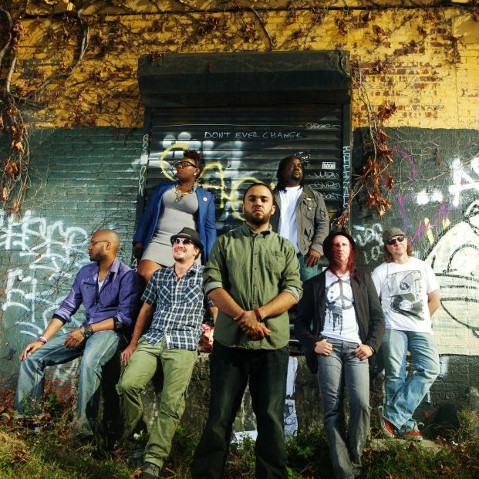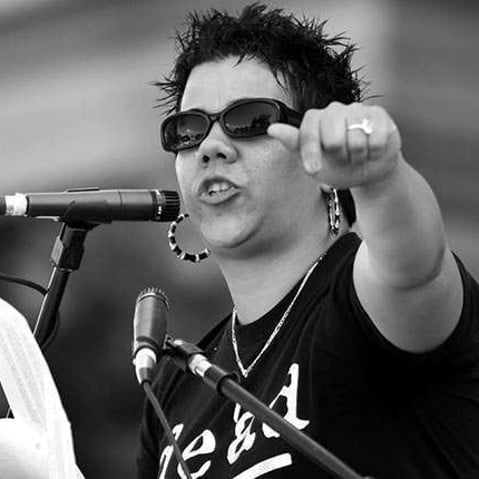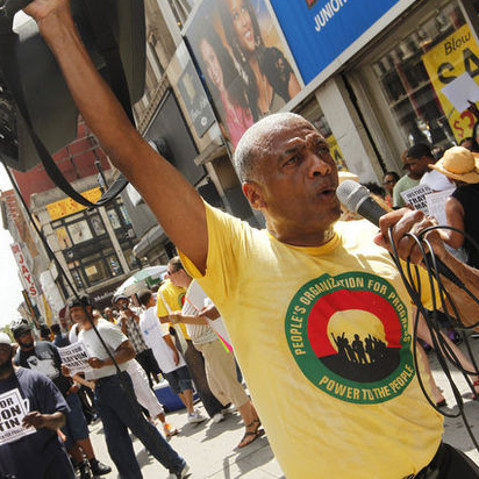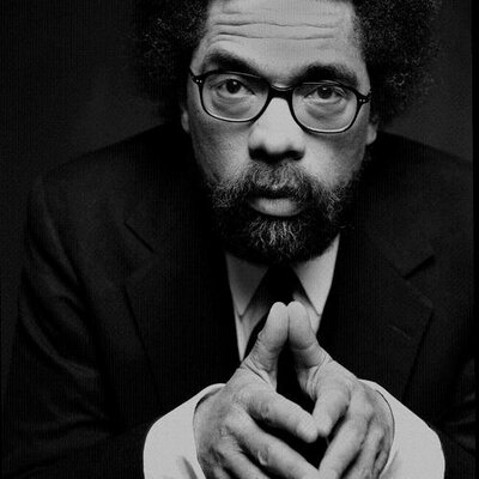Unarmed and handcuffed, Floyd was pinned to the ground, the officer Derek Chauvin’s knee pressed against his neck for several minutes. Noticeably distressed and in pain, Floyd pleaded for his life, repeatedly complaining “I can’t breathe” until he died.
Floyd’s desperate cries echoed Eric Garner’s haunting last words in 2014—repeated 11 times—as he was strangled to death by New York City Police Officer Daniel Pantaleo.
As with Garner, Floyd’s futile pleas are now rallying cries chanted at large-scale protests reverberating throughout his adopted city and elewhere. His untimely death has sent shockwaves across a nation all-too tired of watching cell phone footage of African Americans dying at the hands of police.
Chauvin and three other officers have since been fired, but that provides little solace to the city’s black community, which has erupted in anger to Floyd’s brutal killing.
The protests escalated Wednesday evening, as residents outraged that Chauvin had yet to be charged, confronted by riot officers, set structures ablaze and damaged buildings.
The unrest in Minneapolis has rekindled memories of recent demonstrations against other police killings—protests mainstream society often dismiss as “riots.” Those more familiar with long-held grievances that persist in disenfranchised communities, often for generations, liken such responses to “uprisings,” which they feel more accurately conveys how pent-up frustration with systemic racism, political disenfranchisement, over-policing, and myriad other socioeconomic factors result in a tsunami of anger.
In response to Floyd’s tragic slaying, we are re-releasing our award-winning News Beat episode “Why We Riot.”
The stories shared in this episode are sadly, hugely relevant today, and just as the internalized pain and torment exploded onto the streets of Baltimore, Newark, and dozens of other cities across the United States in the 1960s, Minneapolis is now the epicenter of similar visceral anger.
In "Why We Riot," renowned intellectual Dr. Cornel West explains:
“When Martin Luther King said ‘Riot is the language of the unheard,’ it has a particular singularity in its distinctiveness. That you got a lot of oppressive conditions, you got levels of social misery. And they can be in place for a while and there’s still no riot. Usually there’s a particular moment where the righteous indignation spills over because people could just no longer take it. It could be a police killing a fellow citizen, it can be an ugly act of violation of respect of somebody. It’s gotta be something that’s deeply psychic, and it touches the spirit of a people. They’ve reached a point where they actually engage in rebellion.”
As we reported in that episode:
Rebellions, or “riots,” are almost universally discredited by the very institutions that the people are raging against. It is true that King rejected “riots” as a mechanism to exact change, but he clearly understood why such forms of resistance take form.
Indeed, King famously referred to “riots” as the “language of the unheard.”
As is evident over and over throughout the archived history of such violent outbursts—whether written, oral, or the endless hours of TV footage now easily accessible on YouTube—officials in powerful positions nearly always publicly lament them while simultaneously promoting King’s legacy of peaceful protest. Yet they often fail to see, or at least acknowledge, why such visceral demonstrations happen in the first place.
Floyd’s tragic demise is among a string of horrific African American deaths sparking widespread outrage nationwide. In March, Breonna Taylor was fatally shot at least eight times by cops in Louisville, Kentucky who barged into her home while she was sleeping. And in February, Ahmaud Arbery was pursued and gunned down by a father-and-son duo while jogging through a south Georgia neighborhood. It took three months for authorities to charge the men with his murder.
Listen to "Why We Riot" and dozens of other News Beat podcast episodes exposing gross social injustices, on Apple Podcasts, Spotify, Stitcher, and wherever else you hear your favorites. Subscribe, rate and review us, and spread the word.












